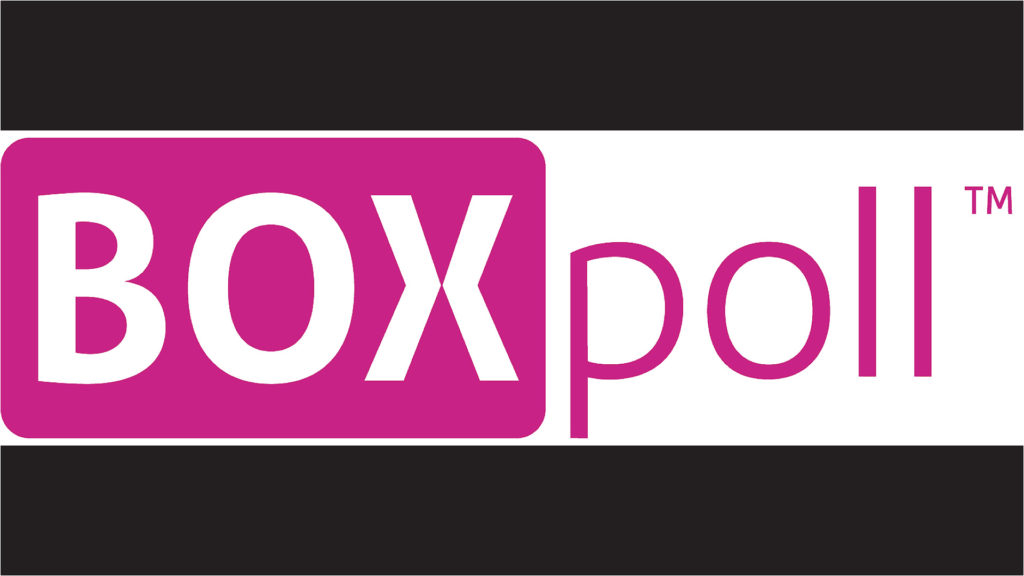Pitney Bowes (Stamford, Connecticut), a global technology company that provides commerce solutions in the areas of ecommerce, shipping, mailing and financial services, has released results from its latest BOXpoll survey, revealing online shoppers’ perspectives on sustainability on Earth Day, 2021 (April 20-22). BOXpolls are weekly U.S. consumer surveys on current events, culture and e-commerce logistics. The survey found that more than one-third of USA consumers (38%) are more likely to buy products with sustainable features or packaging. About 10% of that group actively look for these products, while 28% are more inclined to buy products based on environmentally friendly features – such as sustainable materials, sustainable packaging, or part of the price going to environmental causes.
Various demographics, including younger consumers (Gen Z and Millennials), affluent consumers with a household income of $100k+, as well as parents and those living in urban environments, claim to be the most sustainable shoppers. Nearly half (47% – 48%) of each of these groups is considered sustainability-minded shoppers. “A growing number of consumers are demanding more environmentally friendly choices from retailers,” said Gregg Zegras, EVP and President of Global Ecommerce at Pitney Bowes. “This is clear not only in our latest BOXpoll survey results, but with brands also moving quickly to show progress on sustainable manufacturing and distribution. E-commerce represents greater choices for consumers. As more shopping takes place online, consumers are wielding this power to support brands that care about sustainability.”
However, sustainability still isn’t yet a factor in purchasing decisions for the majority of consumers (59% on average), either because they don’t notice sustainability features, or because sustainability has no impact on their shopping behaviours. One potential barrier might be cost. According to the BOXpoll, 67% of consumers believe a box shipped with sustainable packaging costs more than one with traditional packaging, despite having the same contents. Consumers also believe that sustainable packaging is worth an average of $5.70 more than ‘traditional’ packaging.
